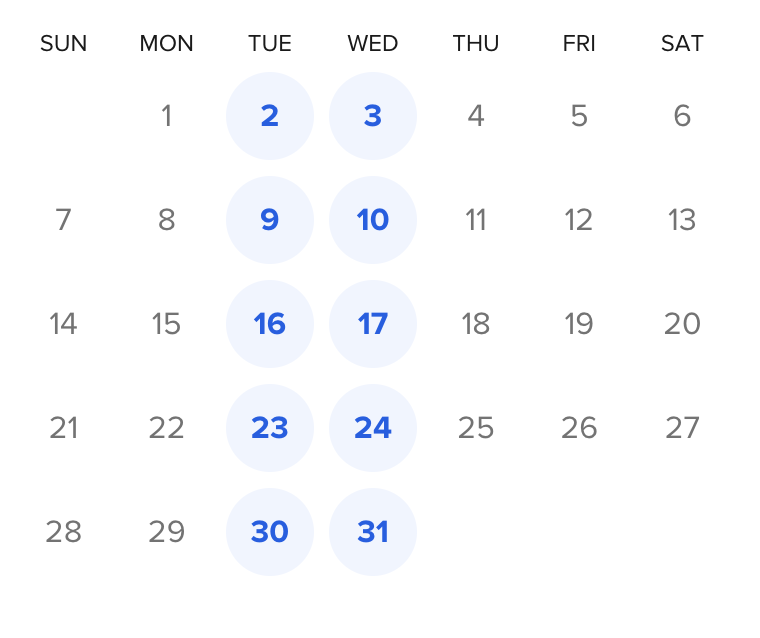High cholesterol degrees can present a significant risk to your cardio wellness. Thankfully, there are several natural ways to lower cholesterol and preserve a healthy balance. In this write-up, we will certainly check out effective strategies and way of life changes that can help you boost your cholesterol profile normally.
The Duty of Cholesterol in Your Wellness
Cholesterol is a waxy material created by your liver and found in particular foods. While your body needs cholesterol to construct cells and produce hormonal agents, excess cholesterol can collect in your arteries, causing a condition called atherosclerosis. This build-up of plaque limits blood urotrin circulation and enhances the risk of cardiovascular disease, cardiovascular disease, and stroke.
There are two key sorts of cholesterol: low-density lipoprotein (LDL) cholesterol, frequently described cardioton reviews as “poor” cholesterol, and high-density lipoprotein (HDL) cholesterol, called “good” cholesterol. Lowering LDL cholesterol degrees and raising HDL cholesterol levels are essential goals for taking care of cholesterol levels.

Feeling STUCK with JIRA / Agile ?
Schedule 1-on-1 Session with Anatoly and His Team and Get Instant HELP!!!!
1. Preserve a Healthy Diet
Eating a heart-healthy diet plan is crucial for managing cholesterol levels. Take into consideration including the complying with right into your diet plan:
- Healthy and balanced Fats: Replace saturated fats and trans fats with unsaturated fats found in olive oil, avocados, nuts, and seeds.
- Fiber-Rich Foods: Consist of even more fruits, veggies, whole grains, and legumes in your diet plan. These foods can help lower LDL cholesterol degrees.
- Fatty Fish: Eat fatty fish like salmon, mackerel, and trout, which are rich in omega-3 fats that promote heart health.
- Soy: Integrate soy items, such as tofu and soy milk, into your diet regimen as they may aid lower LDL cholesterol levels.
- Plant Sterols: Foods strengthened with plant sterols, such as particular margarines and orange juice, can assist lower LDL cholesterol degrees.
2. Exercise Regularly
Taking part in routine physical activity can have a favorable impact on your cholesterol levels. Aim for a minimum of 150 minutes of modest cardiovascular workout, such as quick strolling or cycling, each week. Routine workout can elevate HDL cholesterol degrees and reduced LDL cholesterol levels.
In addition, incorporating strength training works out into your regimen can aid boost muscular tissue mass, which can help in burning calories and managing weight. Keeping a healthy weight is necessary for overall heart wellness and cholesterol administration.
3. Quit Smoking
Smoking problems your blood vessels and reduces HDL cholesterol levels, making it a lot more difficult to handle your cholesterol. Giving up smoking cigarettes can have prompt and long-term benefits for your cardiovascular health and wellness. Look for support from healthcare experts or smoking cessation programs to enhance your opportunities of efficiently quitting.
4. Limit Alcohol Intake
Extreme alcohol consumption can result in enhanced cholesterol levels and various other cardiovascular dangers. Restriction your alcohol intake to moderate degrees, which implies up to one beverage per day for women and as much as 2 drinks each day for men. It is essential to note that if you do not presently consume alcohol, it is not required to begin for cholesterol administration.
5. Manage Tension Degrees
Prolonged stress and anxiety can contribute to high cholesterol levels. Execute anxiety monitoring techniques such as reflection, deep breathing exercises, and engaging in activities that bring you happiness and relaxation. Prioritizing self-care and finding healthy electrical outlets for stress can positively affect your cholesterol levels and general health.
In Conclusion
Reducing cholesterol normally needs an alternative technique that combines a healthy diet, regular exercise, and lifestyle adjustments. By including these methods into your daily routine, you can enhance your cholesterol account and lower the threat of heart disease. Bear in mind to seek advice from your healthcare provider for individualized advice and to monitor your progress.
